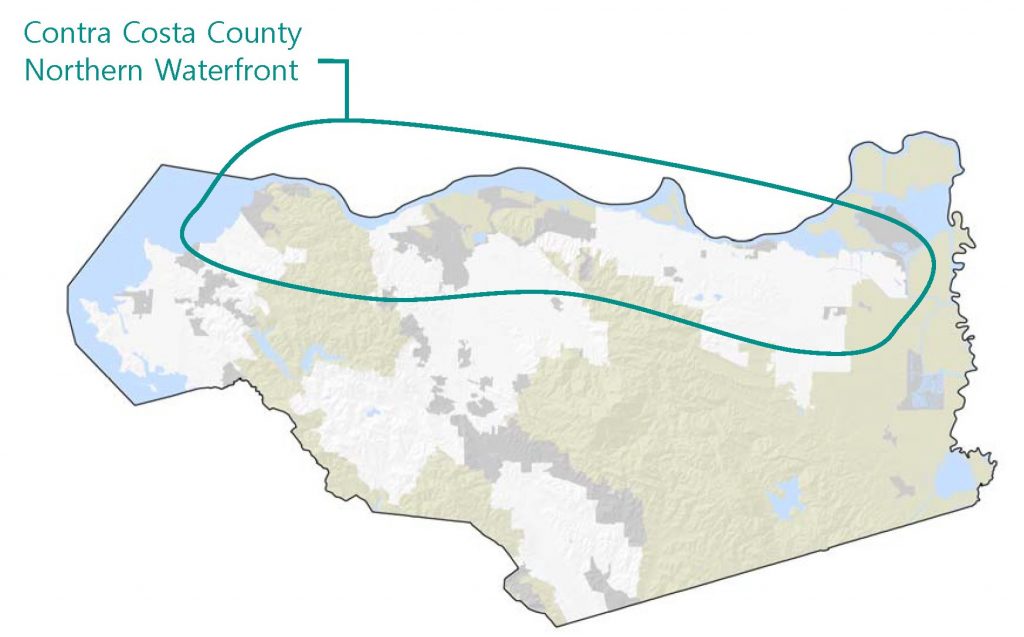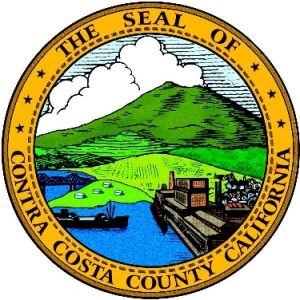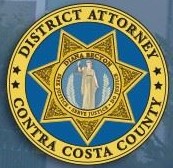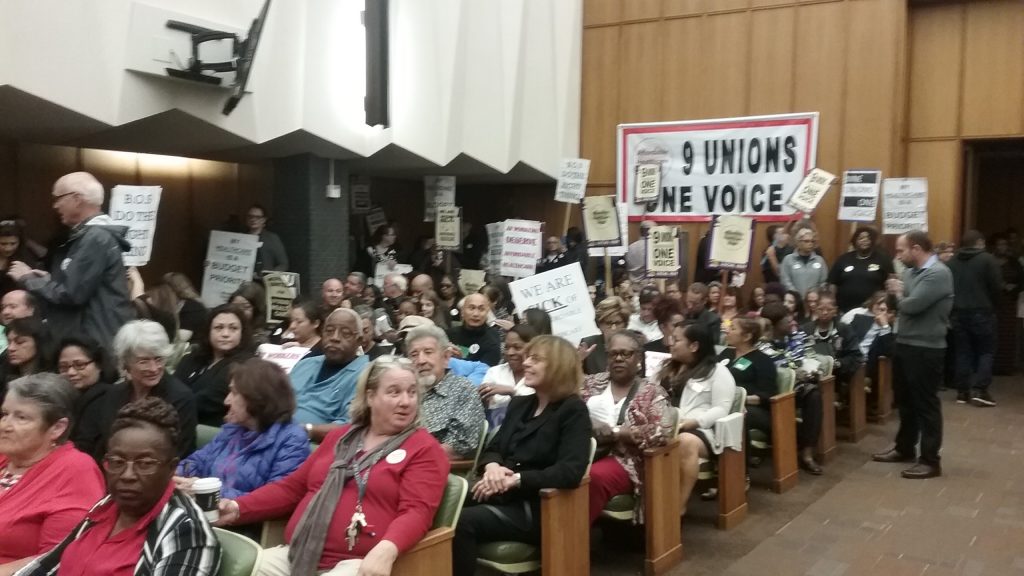Supervisors advance North Waterfront Strategic Action Plan, need MOU’s from 7 cities
Thursday, January 24th, 2019 Approve funds for inoperable RV removal, Marsh Creek Corridor Trail study
Approve funds for inoperable RV removal, Marsh Creek Corridor Trail study
By Daniel Borsuk
Five years in the making, Contra Costa County’s ambitious Northern Waterfront Strategic Action Plan might be nearing the end of the long, grueling planning road. Or is it? NWEDI Strategic Action Plan BOS 1-22-19
Supervisors on Tuesday waved the green flag for planners to begin what can be a challenging negotiating process of collecting Memorandums of Understanding from seven cities – Antioch, Brentwood, Concord, Hercules, Martinez, Oakley, and Pittsburg – that stand to financially benefit from potential economic development along Contra Costa County’s northern waterfront stretching from Hercules to Brentwood.
County planners aim to present the MOUs to the supervisors by this summer.
After conducting more than 200 community meetings on the action plan, consultant Gary Craft told supervisors while the “Northern Waterfront Strategic Action Plan is not cast in concrete,” he encouraged the supervisors to take action on the Strategic Action Plan, a piece of advice supervisors heeded and approved when they authorized county planning officials to begin talks with officials of the seven cities along the Sacramento River.
Should the cities and county sign off on the MOUs, over time the long dormant northern waterfront could potentially spawn an economic renaissance [n an area that once was a major region known for its ship building, steel, sugar. canning, and paper manufacturing heydays. Thousands of new, clean tech-oriented jobs would emerge, creating a new and steady tax base for local and county government.
Five industries would be targeted under the Northern Waterfront Strategic Action Plan, according to Craft. Those industries are biomedical, advanced transportation technology, advanced manufacturing, clean technologies, and food processing/agribusiness.
Most speakers were in favor of the waterfront plan’s findings, with the exception of Caltrans retiree Doug Sibley of Martinez who wondered about how the plan would fulfill the public transportation needs for new businesses coming to the waterfront. He queried if county planners were trying to use the existing Caltrain service that runs through the waterfront area from Martinez to Pittsburg for future public transportation development as the Northern Waterfront plan matures. No one from the county planning department answered his question.
“You must now get the MOUs from the cities of Pittsburg, Antioch, Oakley, Brentwood, Concord, Martinez, and Hercules, “urged Kristin Connelly, President and Chief Executive Officer of the East Bay Leadership Council, a nonprofit organization that endorses the waterfront plan.
District 5 Supervisor Federal Glover, who is credited for jump-starting the waterfront plan in 2014, said “I wanted this process to be totally transparent. I wanted this process completed five years ago, but I realized it would require studies inclusive or our actions.”
“I appreciate the report you have done,” District 3 Supervisor Diane Burgis of Brentwood said. “Now the cities have to come together. Transportation is an issue. Housing is important. We will move forward with the plan. “
Approve $150,000 for Removal of Inoperable RVs
In other business, supervisors unanimously approved the expenditure of $150,000 of general funds to remove abandoned recreational vehicles that are a joint problem handled by the County Department of Conservation and Development and the Sheriff’s Department. The DCD has authority to tow when an RV is located on private property and the Sheriff has authority when it is in the right of way.
It is estimated that each abandoned RV that is removed will cost the county about $3,000 to remove from public streets.
Board Chair John Gioia of Richmond and District 5 Supervisor Federal Glover of Pittsburg requested the $150,000 expenditure.
District 4 Supervisor Karen Mitchoff of Pleasant Hill commented on the issue saying, “I am seeing more of these abandoned vehicles in my area. I want a report to show how many have been removed in a year.”
It is assumed the 50,000 abandoned RV’s will have been removed and the $150,000 fund will have been exhausted in about a year’s time.
Approve $299,735 for Marsh Creek Corridor Trail Study
Supervisors also approved a Department of Conservation and Development request to grant a $299,735 contract with the planning firm of Fehr & Peers to develop a Marsh Creek Corridor Multi-Use Trail Study. The contract would study ways to develop a 13-mile long multi-use trail through the Marsh Creek corridor aligned with Marsh Creek Road between the cities of Clayton and Brentwood.
The contract’s funding is a collaborative effort of cities of Brentwood and Clayton, the East Bay Regional Park District, Contra Costa Transportation Authority, County Flood Control District, Contra Costa County Health Services Department, East Contra Costa Habitat Conservancy, and non-governmental organizations and advocacy groups including Save Mount Diablo, John Marsh Historic Trust, Delta Peddlers and Bike East Bay.









 Contra Costa residents with unwanted prescription medicines can safely dispose of them at 27 CVS Pharmacy locations in the county thanks to new, secure drop boxes added through the county’s
Contra Costa residents with unwanted prescription medicines can safely dispose of them at 27 CVS Pharmacy locations in the county thanks to new, secure drop boxes added through the county’s  By Scott Alonso, Public Information Officer, Office of the District Attorney, Contra Costa County
By Scott Alonso, Public Information Officer, Office of the District Attorney, Contra Costa County Lower bond, seek legislation to draw trash haulers to anti-litter program
Lower bond, seek legislation to draw trash haulers to anti-litter program By Scott Alonso, Public Information Officer, Contra Costa County Office of the District Attorney
By Scott Alonso, Public Information Officer, Contra Costa County Office of the District Attorney














